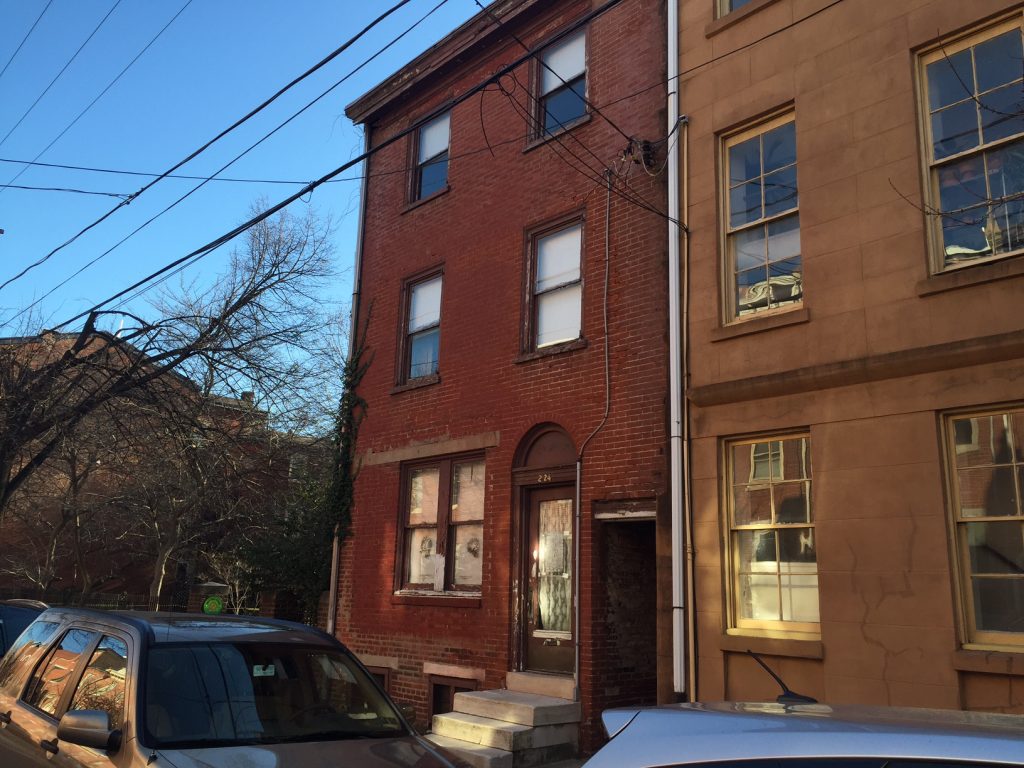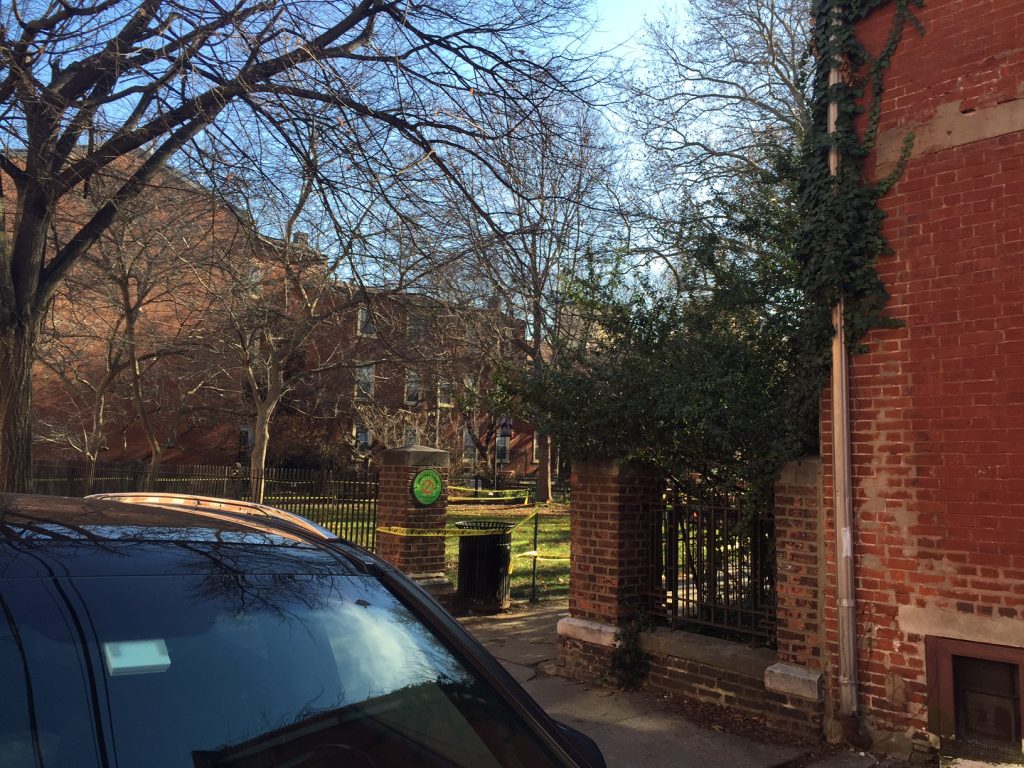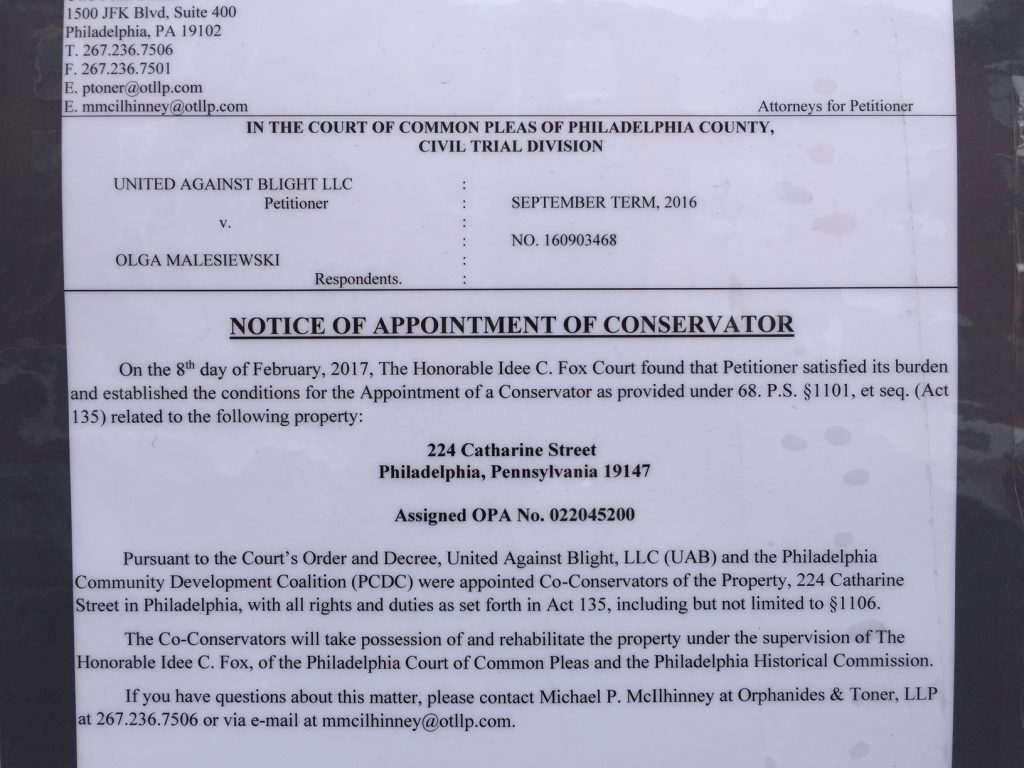They’re few and far between, but even the finest neighborhoods in town have their share of vacant properties. Take, for example, 224 Catharine St., a row home in Queen Village that sits right next to Mario Lanza Park and has been sitting empty for the last few years. A reader brought the property to our attention several months ago, noting that the owner was of an advanced age and had not been able to take proper care of the home, eventually moving out a few years back.


The vacant home didn’t escape the attention of a local developer, who filed last year for conservatorship under Act 135. A reminder for those that don’t recall, Act 135 was a state law passed several years ago that allows residents, businesses, or non-profits to take conservatorship over a blighted property, fix it up, and sell it off. The developer gets a set fee for this effort, and the property owner gets the rest of the proceeds from the sale.
In situations where a property owner cannot be found or is unwilling to fix up a blighted property, conservatorship has proven a useful tool in eliminating vacant buildings from otherwise stable neighborhoods. It gets a little dicey, though, when the owner resists the effort. From what we understand, representatives of the owner were fighting the conservatorship, but were not successful.

We passed by the property recently and noticed a posting on the front door, indicating that a judge ruled in favor of conservatorship a few months back. Looking at the L&I Map, we see renovation permits have been pulled, indicating that this home should soon get fixed up and will eventually get sold off. The City should be pleased with this outcome, as the property currently has roughly $36K in outstanding property tax obligations. And we’d think neighbors would be similarly happy about this, as nobody likes to have an empty building on their block.
What do you think about this? Do you think that this is an infringement on somebody’s property rights? Or do you think that leaving a property empty and blighted and with years of unpaid taxes justifies the outcome? Also, it’s our understanding that some neighbors and the community group were helping the property owner fight the conservatorship effort. This seems a little counterintuitive, as we’d think the community would want to see the building brought back to life asap. Maybe some folks that live in the neighborhood can tell us if there’s more to this story than meets the eye?
